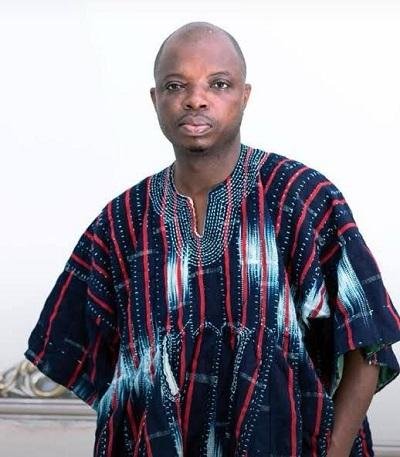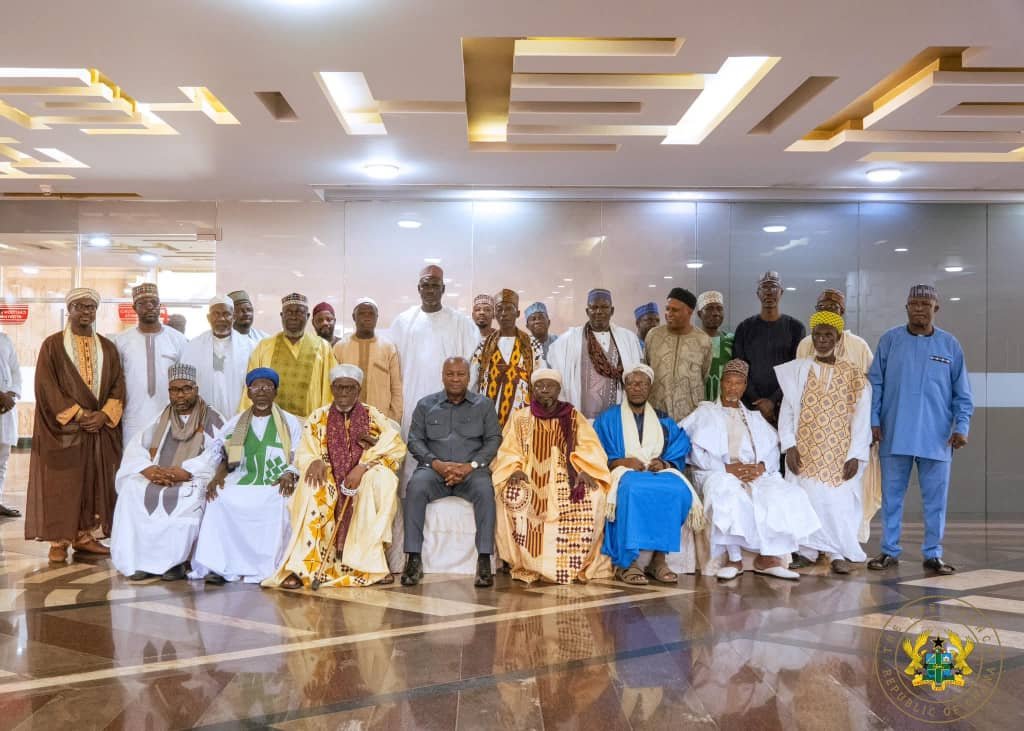News
‘Bridge ICT gap between urban, rural youth’
Even though Ghana has advanced in terms of Information Communication Technology (ICT), there still exist a gap between rural and urban folks when it comes to access to and usage of ICT facilities and the internet, Ms Mercy Dakogri, a Girl-Child Coordinator with the Community Development Alliance, has said.
She made this observation in an interview with The Spectator recently.
According to Ms Dakogri, in the Upper West Region, issues such as poor mobile network connectivity, unavailability of mobile network, inability to afford smart phones and other gadgets that enable internet connectivity, among others have contributed to widening the gap between the rural and the urban folks.
She said the inequalities are believed to worsen when girls are involved because many of the rural girls are unable to access and use the internet in rural areas as most of them do not own smart phones and other internet gadgets.
Ms Dakogri, has therefore called on government and stakeholders to bridge the digital gap between the rural and urban folks in this regard.
She said particular effort should be made to bridge the gap between the two areas to ensure that internet and ICT facilities were made available to indigenes, particularly girls.
According to her, most of the rural communities did not have network connectivity and said those that did, were still faced with network challenges and poor internet connectivity.
She explained that aside the network connectivity, access to basic computers even at the school level in most rural communities in the region was a challenge and prevented children from having access to ICT facilities early enough.
“In this day and era, many schools in rural communities do not have computers or ICT labs so pupils go through the entire basic education and have no idea how a computer even looks like and these are people who are going to compete on the job market with others from bigger towns and cities”, she lamented.
She expressed the belief that deliberate effort to make ICT facilities available at least will be a starting point for bridging the gap as it will ensure that rural folks have access to ICT equipment.
This according to her will help the country meet the goal 10 of the sustainable development goals which focused on reducing inequalities in all spheres of life and called for efforts to bridge the wide ICT gaps between the country’s rural and urban folks.
She was of the opinion that if government and other development agents invested in ICT and internet in rural areas, it would lead to innovative ways of thinking and doing things so that people did not depend on government for employment.
From Lydia Darlington
Fordjour, Wa
News
Abronye remanded in police custody for one week

The Bono Regional Chairman of the New Patriotic Party (NPP), Kwame Baffoe, popularly known as Abronye DC, has been remanded into prison custody for one week.
He was brought before an Accra Circuit Court on Thursday, September 12, 2025, on charges of offensive conduct conducive to breach of the peace and publication of false news, which are classified as misdemeanours under Ghanaian law.
After hearing the case, the court ordered that he be kept in custody while investigations continue.
He is expected to reappear before the court on Thursday, September 19, 2025.
By: Jacob Aggrey
News
Mahama promises more jobs and support for Zongo communities

President of the republic of Ghana, John Dramani Mahama has assured Muslim leaders that his government will continue to do everything possible to improve the economy and create jobs for the youth.
Speaking to a gathering of imams, Mr. Mahama emphasised the government’s main focus in education was to expand technical and vocational training so that young people could gain the skills they need to work and support themselves.
He added that special attention would be given to Muslim communities to ensure they benefit from the rollout of new training centres.
He mentioned that programmes such as Ajumawura, which offers small loans to start businesses, and the National Apprenticeship Programme, which helps especially young women to learn trades like dressmaking, would also help the youth to build a future for themselves.
On support for Zongo communities, Mr. Mahama said a coordinator and deputy had been appointed to lead the Zongo Development Fund.
He announced that they would soon begin work on a microcredit scheme called the Soya Fund.
The fund, he explained, would provide small loans to poor households in Zongo communities, especially women engaged in small-scale businesses such as selling waakye, cocoa, or running small shops.
He said artisans like dressmakers would also benefit.
The president thanked the imams for their continuous prayers for Ghana, saying their intercession had helped the country remain one of the most peaceful nations in Africa.
By: Jacob Aggrey






